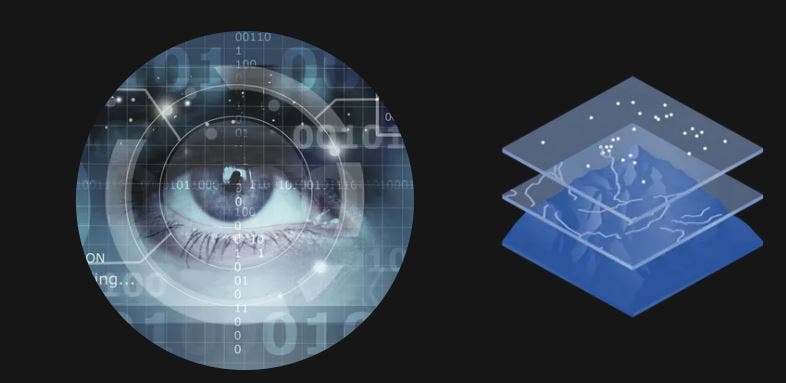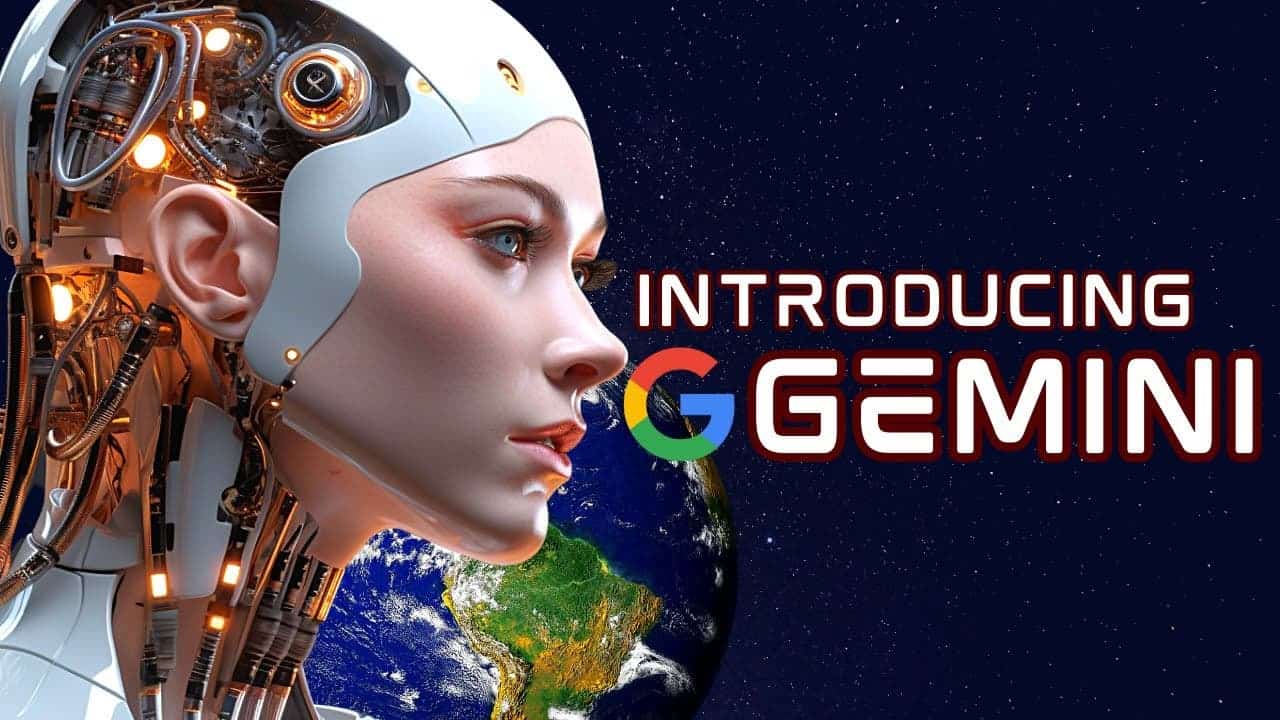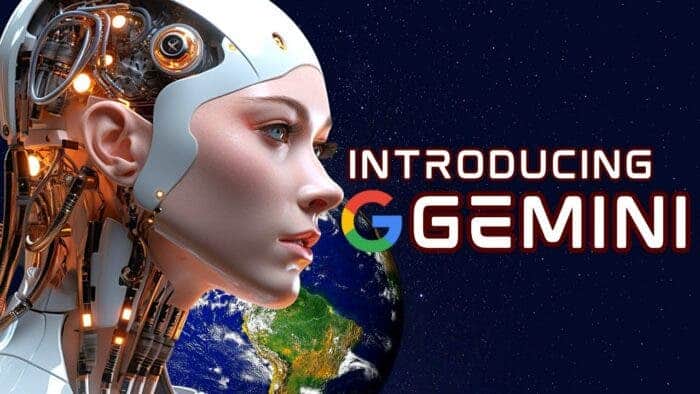Google is reportedly betting on its new artificial intelligence (AI) project, Gemini, to compete with similar products in the market like GPT-4. Google’s Gemini AI was made public for the first time in June this year but the product is still in the works. In a blog post, Google claims that the system is more capable than OpenAI’s GPT-4. The company said, “…the AI system combines the technology behind AlphaGo with a large language model. The system has new capabilities, such as planning or problem-solving, which are more capable than OpenAI’s GPT-4”. Gemini AI is expected to power a range of services. This includes chatbots and enterprise apps and it could be a viable rival in the market.

What is Gemini AI?
Gemini is a new family of large language models (LLMs) that Google developed to compete with other AI chatbots like Microsoft Bing Chat and OpenAI’s ChatGPT. Demis Hassabis, the co-founder of DeepMind and CEO of Google DeepMind, further revealed details of Gemini AI.
Hassabis said: “At a high level, you can think of Gemini as combining some of the advantages of AlphaGo’s type system with the amazing language capabilities of large models. We also have some new innovations that will be very interesting. In development, the process is expected to take several months and could cost tens or hundreds of millions of dollars”. Recall that OpenAI CEO, Sam Altman said in April that the cost of creating GPT-4 was more than $100 million. This shows that the cost of making such products is very high.
How will Gemini AI work?
Gemini will be powered by advanced machine learning algorithms that allow it to understand natural language and respond to user queries conversationally. Google’s vast training data could give Gemini an edge in the AI arms race. This is because the company has access to a wealth of information that can be used to train its models.

Google claims that once Gemini is complete, it will play a role in its rivalry with other AI tech brands like ChatGPT. Google has pioneered many of the techs that have enabled groundbreaking advances in AI. However, the brand has chosen to develop and deploy products based on them carefully.
According to IT Home, Google’s Gemini AI combines GPT-4-like text generation but adds more. The report claims that the system also supports “creating images based on text descriptions”. Thus, the AI tool can realize “chat dialogue”, “analyze chart data”, “create images “, and even control software with natural language commands. There are also reports that Gemini AI can provide support for consumer AI products such as Google’s Bard chatbot. Such key integration will help Google Cloud better compete head-on with competing products such as Microsoft Azure.
Since the inception of ChatGPT, Google has launched its own chatbot, Bard. The company has also used generative AI in its search engine and many other products. To accelerate AI research, the company merged Hassabis’s group DeepMind with Google’s main AI lab, Brain, in April to create Google DeepMind. The new team, Hassabis said, will bring together two powerful factions with fundamental roles in the advancement of AI. “If you look at where we are in AI, I’d say 80 or 90 per cent of innovation comes from one or the other,” Hassabis said. “Both organizations have done a lot of great things over the past decade”… he adds
Gemini like other AI systems needs steady development – Google DeepMind CEO
Hassabis said the extraordinary potential benefits of AI — such as making scientific discoveries in areas like health or climate — make it necessary for humanity to continue developing the tech. He also believes that a mandatory moratorium is impractical because it would be nearly impossible to enforce. “If done correctly, it will be the most beneficial technology for humanity,” he said.
That doesn’t mean Hassabis is advocating rapid and haphazard AI development. DeepMind began exploring the possible risks of artificial intelligence long before ChatGPT existed and has an “AI safety” group led by the company’s other co-founder Shane Legg. Hassabis signed a statement last month, along with a number of other high-profile AI figures. They warn that AI could pose risks comparable to nuclear war or a pandemic.
One of the biggest issues right now, says Hassabis, is identifying what risks more capable AI might pose. He said, “I don’t think researchers in the field have a consensus yet on what those risks are, or how big they are.”
Hassabis said he expects Google to take a leadership role in the development and deployment of AI, and to work with other brands and governments to develop sound rules and standards. “We hope to be able to set an example for the entire industry,” he said, “and we hope to be able to work with others to advance the safe and responsible development of this technology.”

Hassabis said he is confident about the future of AI, but not taking it lightly. “I think we need to be cautious and humble,” he said. “It’s a very powerful technology and we need to have a lot of respect for it.”
Conclusion
Google’s new AI project, Gemini, is expected to compete head-on with similar products from Microsoft and Amazon. Powered by advanced machine learning algorithms and Google’s vast training data, Gemini would lock horns with other popular AI systems. To boost AI R&D, Google had to merge DeepMind with its main AI lab, Brain, in April to create Google DeepMind. This is the team that is currently working on Gemini AI.





